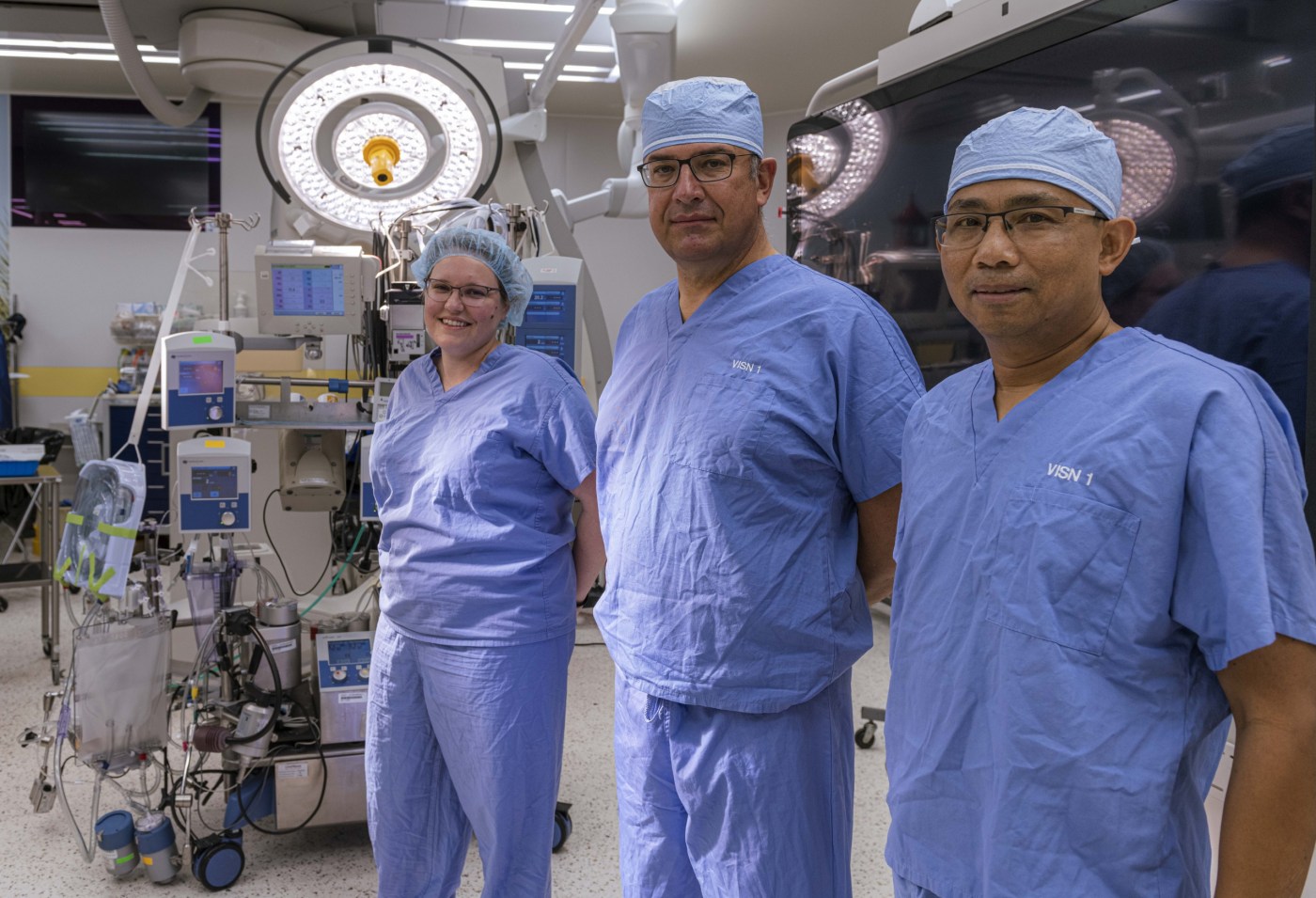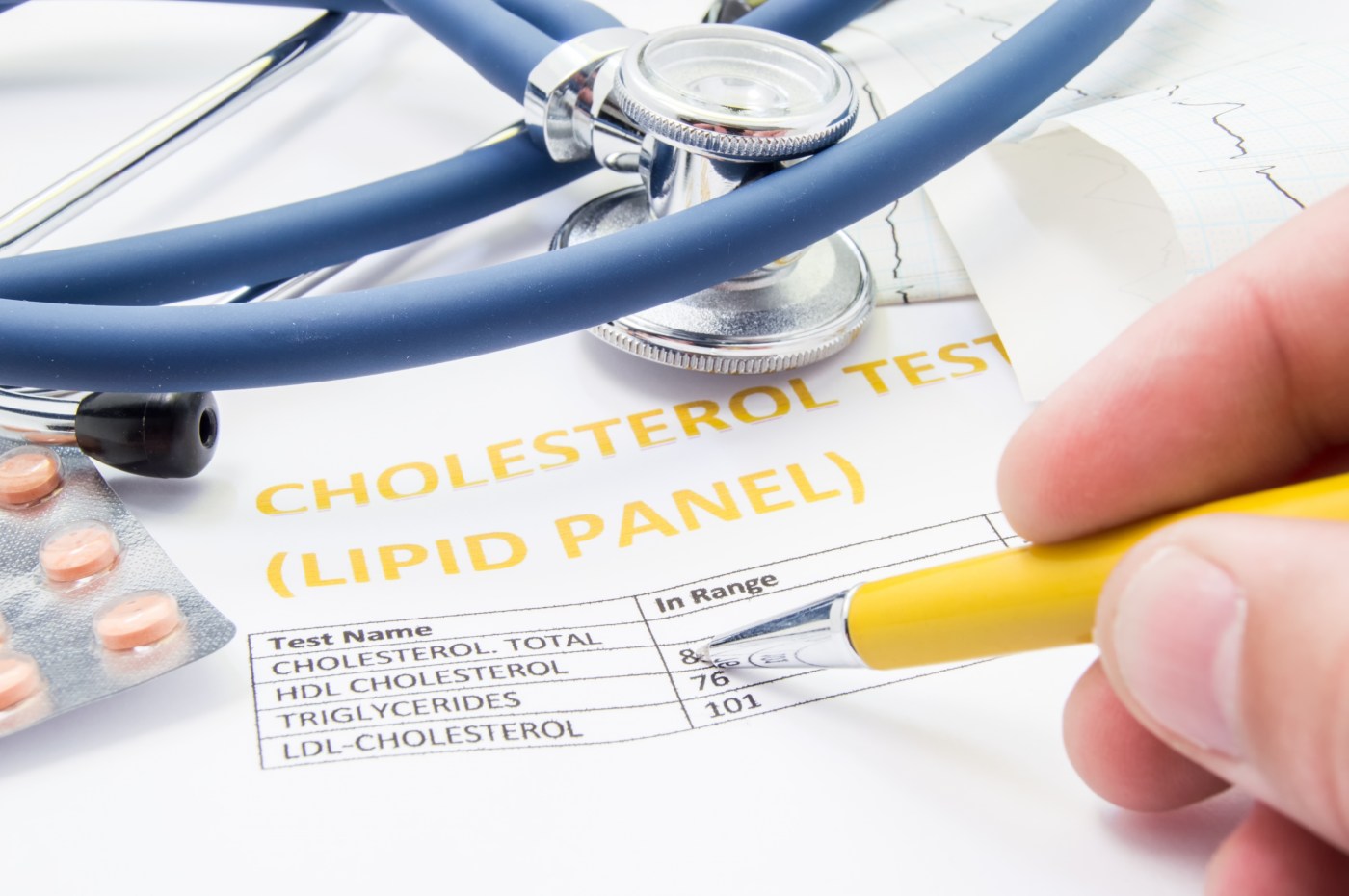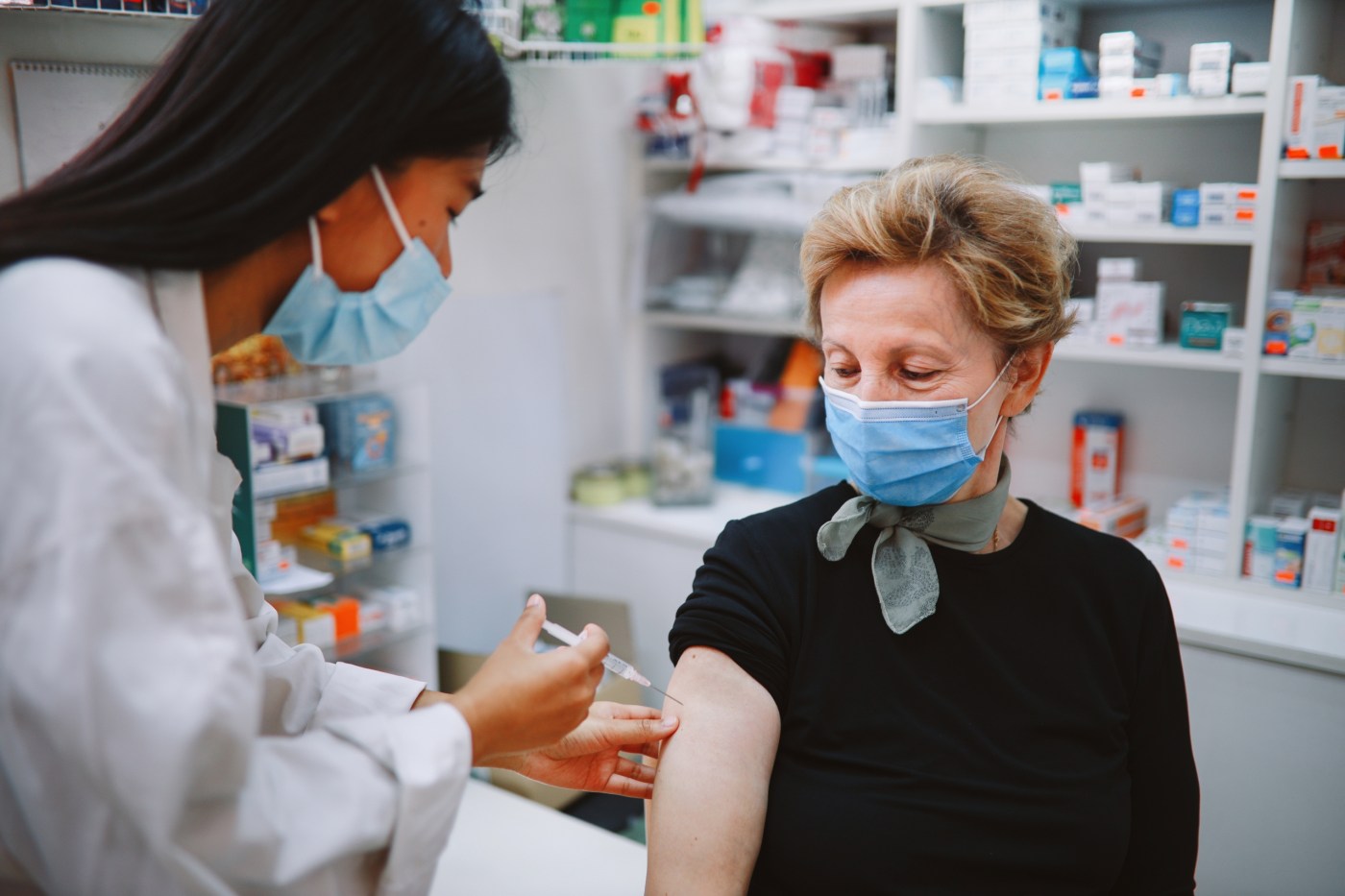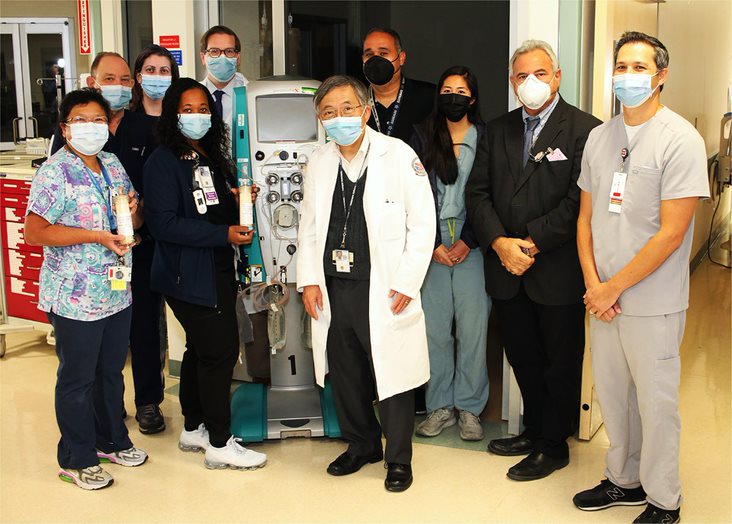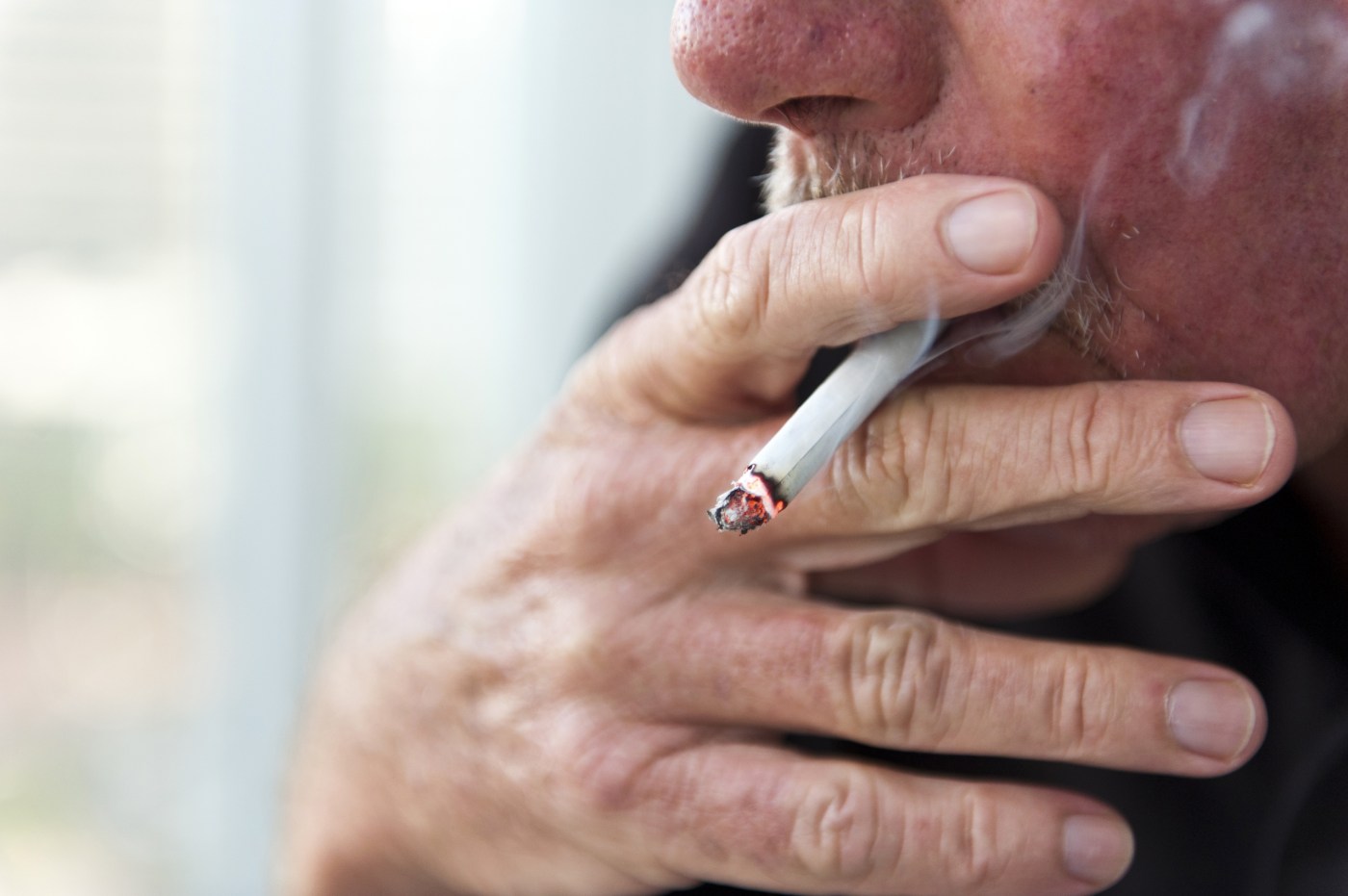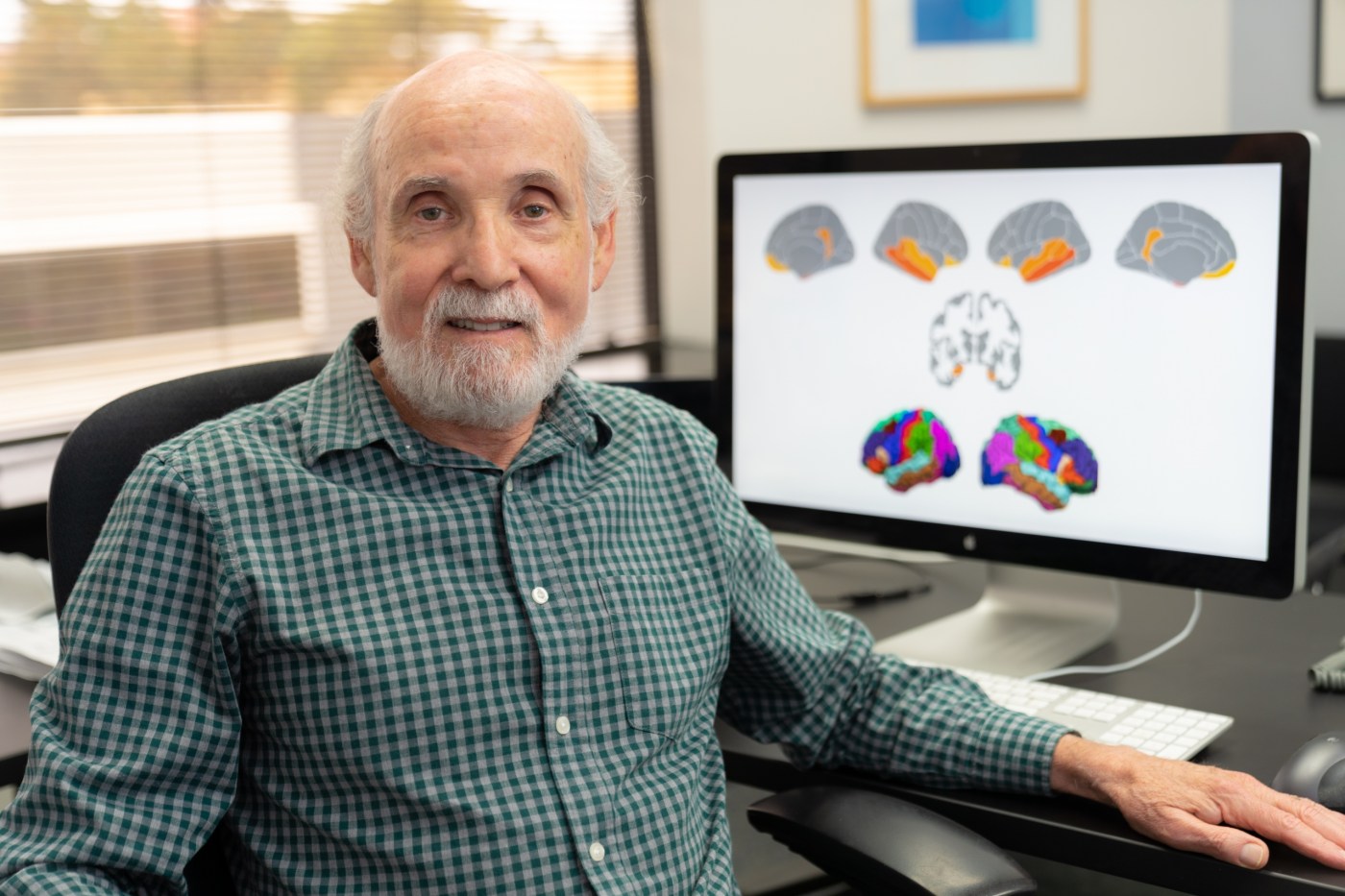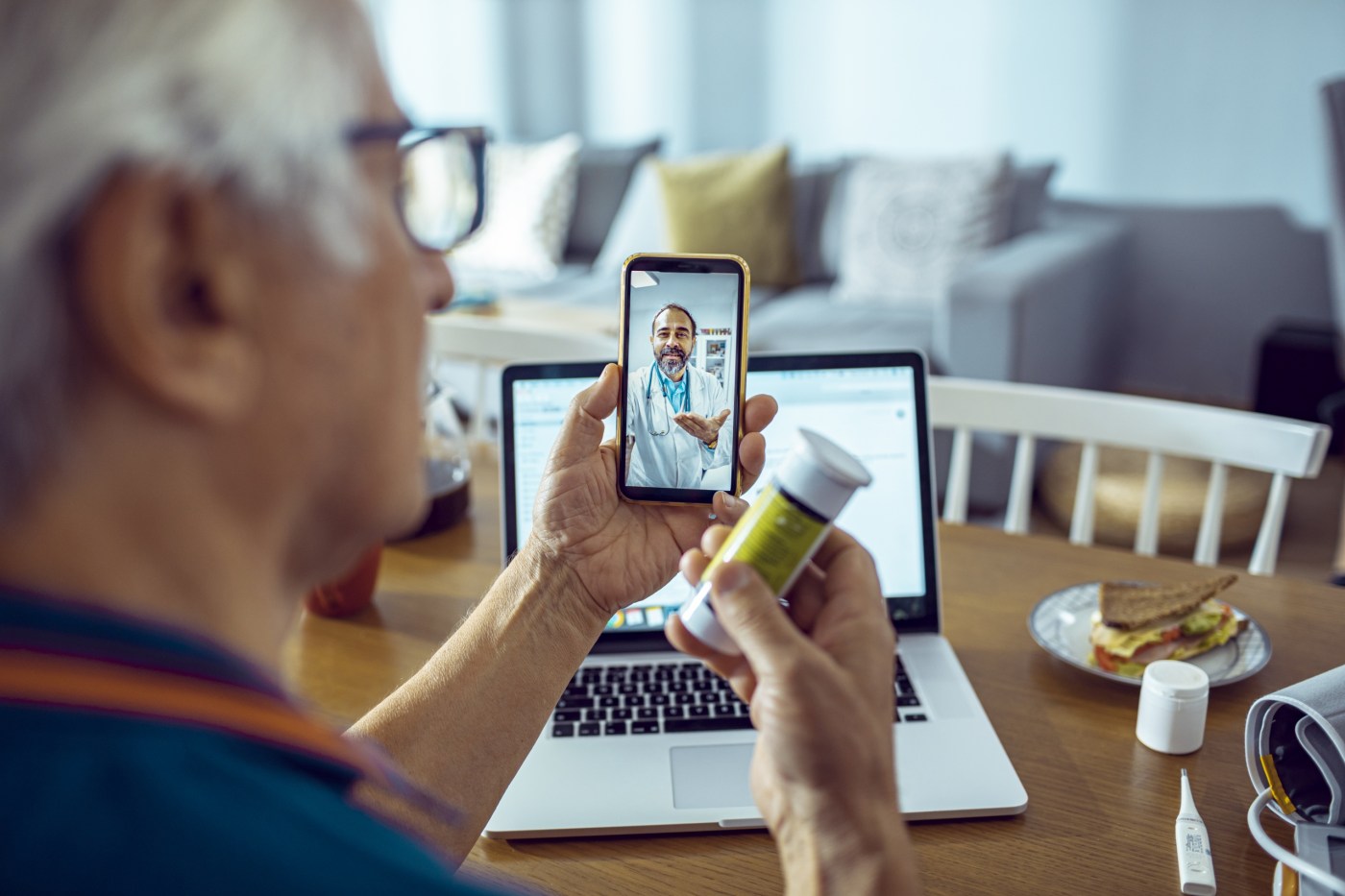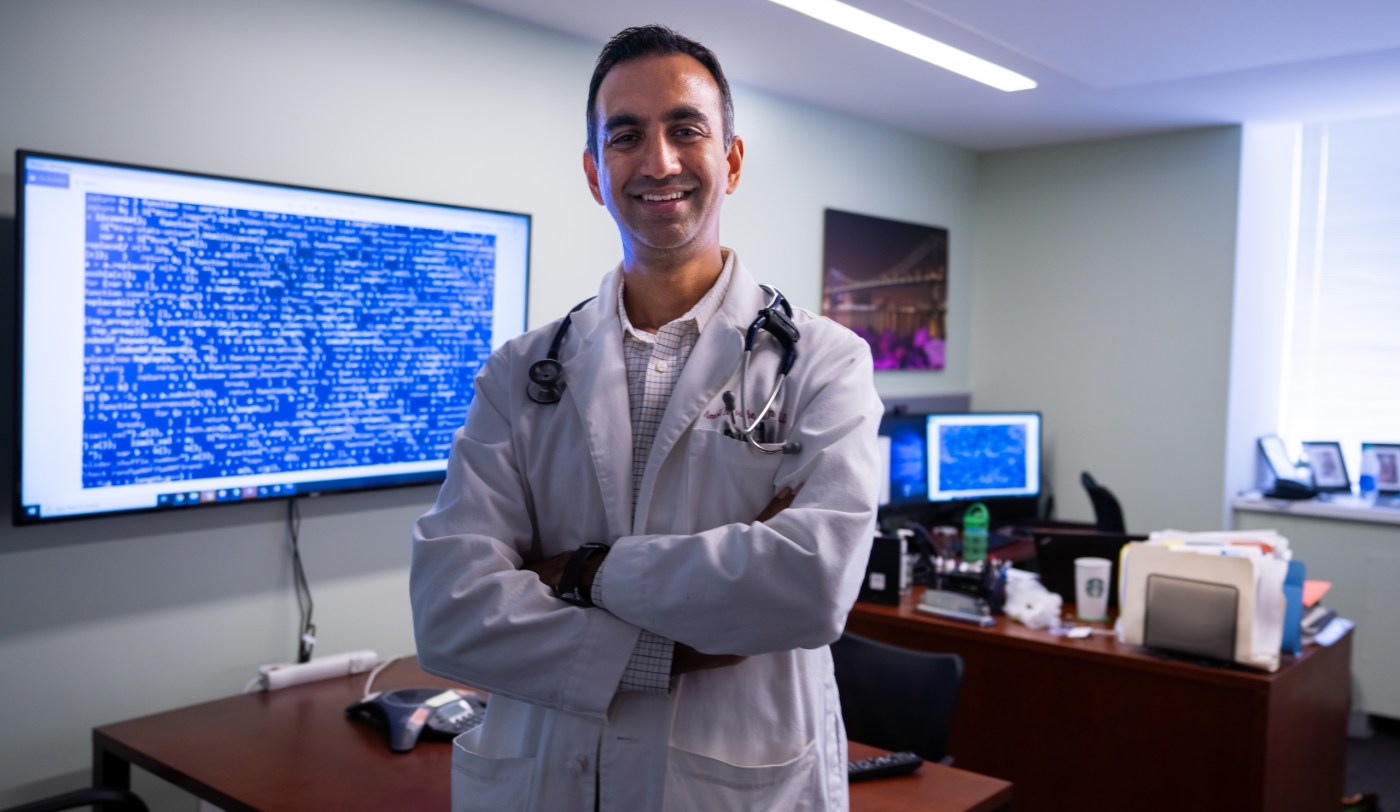Doctors often stop a patient’s heart during a major cardiac surgery. In this situation, a perfusionist operates a heart-lung bypass machine. The machine supplies needed blood and oxygen to the patient, whose heart is on hiatus.
Dr. Drew Helmer, an internist at the Michael E. DeBakey VA Medical Center in Houston, co-authored the 2021 paper. He and his colleagues first identified whether drinking Concord grape juice is linked to increased levels of polyphenols in the blood. They then tried to learn whether these increases correlate with improved cognitive performance in 26 Veterans with Gulf War illness.
Common statins are atorvastatin (sold as Lipitor), fluvastatin (Lescol XL), and pitavastatin (Livalo). More than 35 million Americans take the prescription drugs to help control cholesterol.
However, the Moderna vaccine was found to offer an increased level of protection, including a 21% lower risk of documented infection and 41% lower risk of hospitalization, according to the research team, whose findings were published on December 1, 2021, in the New England Journal of Medicine.
Importantly, the investigators went on to identify two FDA-approved medications that could obstruct the dangerous process. They say these drugs could suggest new directions in TBI and Alzheimer’s research and treatment.
Now, scientists at the Department of Defense, VA, and partner institutions are testing a new technology to treat COVID-19. It’s called the Seraph 100 blood filter. The treatment uses a novel approach to filter out viral particles and harmful molecules from the bloodstream of COVID-19 patients.
COPD is a group of respiratory diseases that limit airflow and make it hard to breathe. It’s usually linked to an abnormal inflammatory response in the lungs to noxious particles or gases, such as cigarette smoke.
In a secondary analysis, Kremen and his colleagues looked at brain images while controlling for the effects of general aging. They observed that the Alzheimer’s-related brain regions remained as significant predictors, suggesting that the effect was not simply due to general aging.
Well-designed and rigorous clinical trials are the gold standard for providing evidence of a medical treatment’s safety and effectiveness. They are the basis for FDA approval of new drugs and medical devices.
The study’s principal investigator, Dr. Dan Blalock, says one possible explanation for the finding is that healthier patients in the study sample liked to drink in moderate amounts.
The Tuscaloosa VA Research and Development Department's supported employment program, matched with primary care, studied how best to match Veterans with gainful employment.
The team looked at the records of Veterans already identified as high-risk by VA’s sophisticated Care Assessment Needs (CAN) calculator. The CAN tool provides a score reflecting a Veteran’s risk of hospitalization or death within a year.

